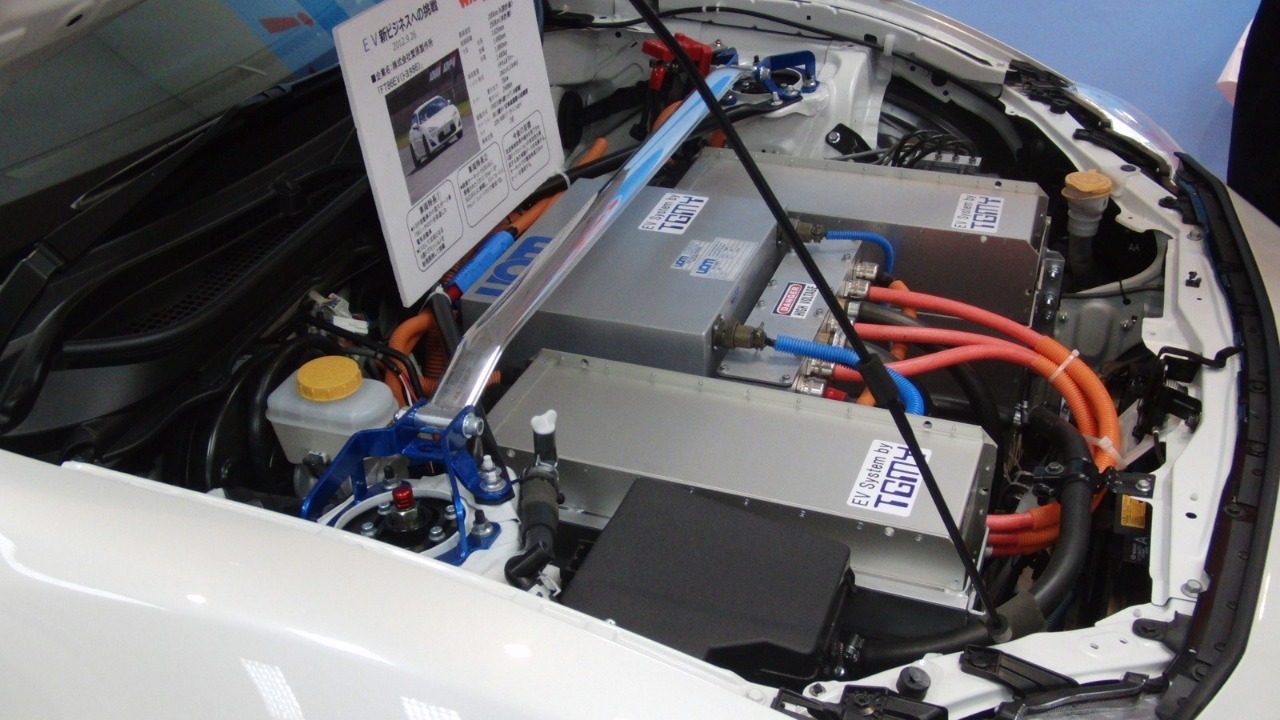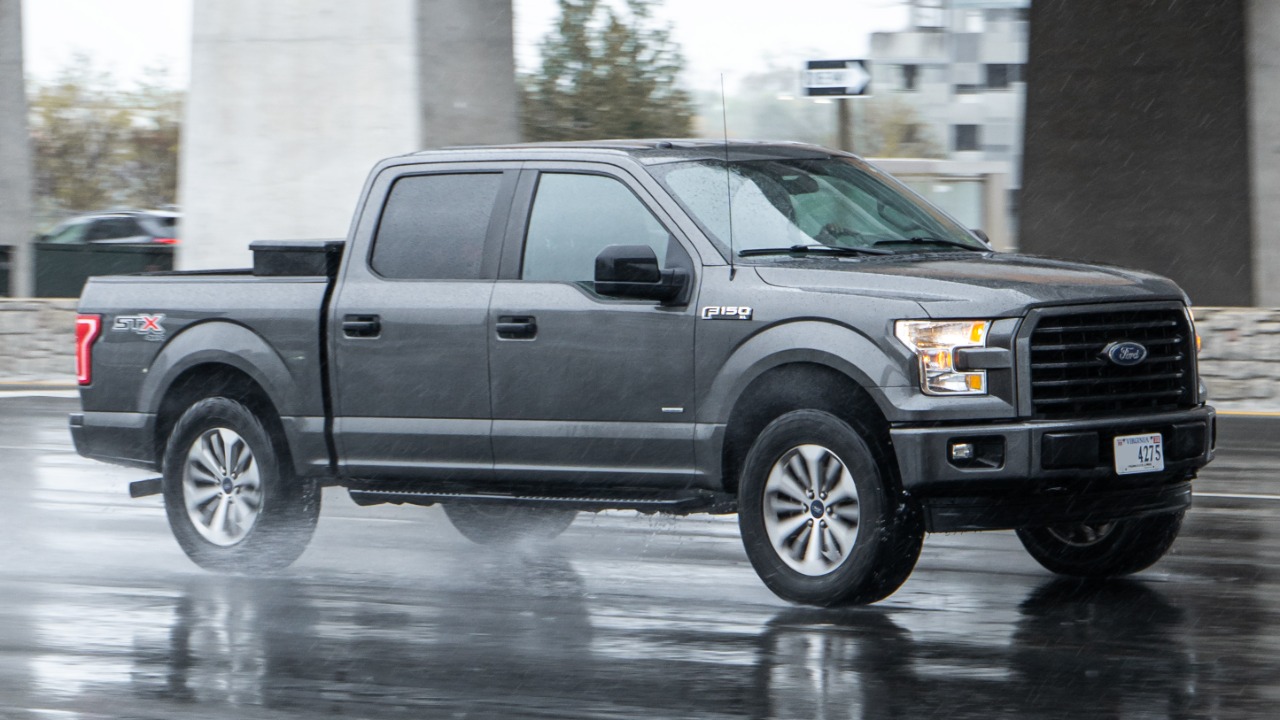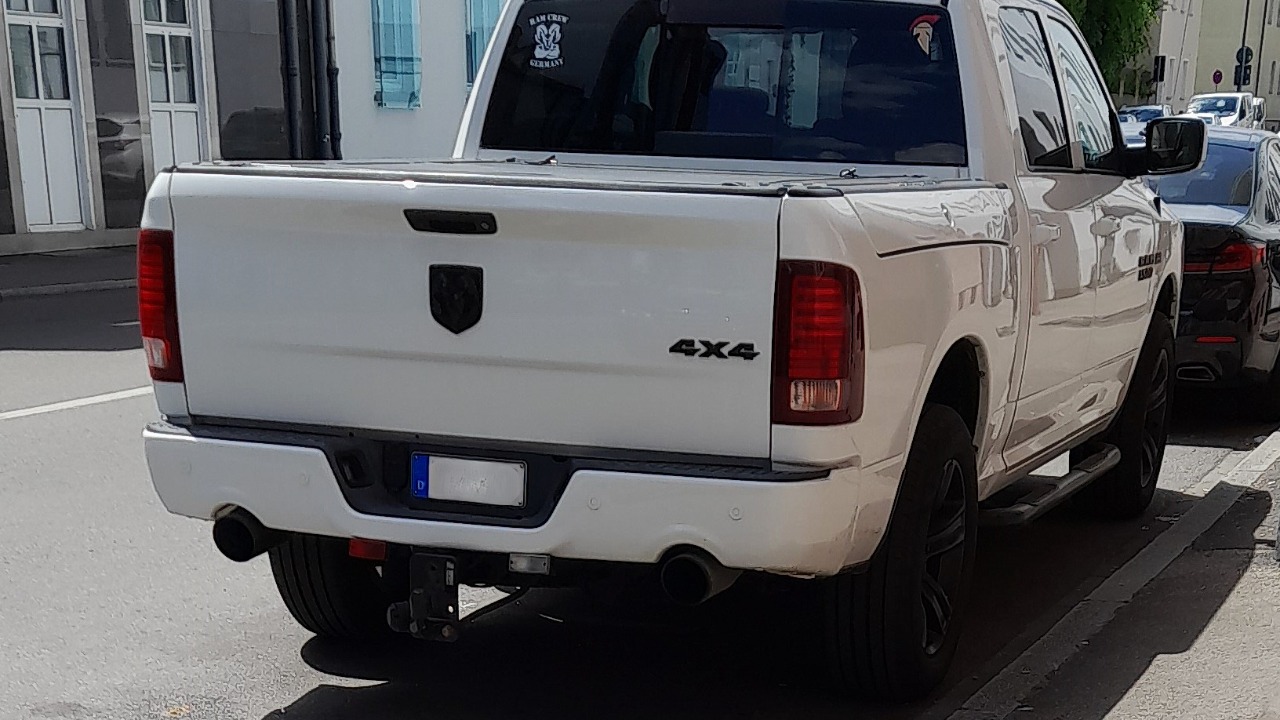Hybrid trucks are becoming increasingly popular as consumers seek environmentally friendly and fuel-efficient alternatives. However, they may not always provide the financial savings one might expect. Here are some reasons why hybrid trucks might not be the cost-cutting solution for everyone.
Higher Initial Purchase Price

When shopping for a hybrid truck, it’s essential to consider the higher initial purchase price compared to traditional trucks. Hybrid models often come with a hefty price tag due to the advanced technology and components they incorporate. This upfront cost can be a significant deterrent for budget-conscious buyers. Although federal tax credits may offset some of this expense, these incentives are not always guaranteed. For those interested, more information on hybrid tax credits can be found here.
Expensive Battery Replacement Costs

One of the most significant expenses associated with hybrid trucks is battery replacement. The cost of replacing a hybrid battery can be several thousand dollars, and depending on the model, it might need replacement more than once over the vehicle’s lifetime. This expense can outweigh the fuel savings achieved over time. To understand more about the cost implications of hybrid components, check out this comprehensive study.
Limited Fuel Savings for Urban Drivers

While hybrid trucks promise improved fuel efficiency, the actual fuel savings may be limited for drivers who primarily operate in urban environments. Stop-and-go traffic, short trips, and lower speeds don’t always allow hybrids to reach their optimal fuel efficiency. Consequently, urban drivers might not experience the anticipated reduction in fuel costs, making the investment less appealing.
Increased Maintenance and Repair Expenses

Hybrid trucks come with complex systems that may require specialized maintenance and repair services. This complexity can lead to increased service costs over time. Additionally, not all mechanics are equipped to handle the unique needs of hybrid vehicles, potentially limiting your options and driving up expenses. For a deeper dive into the pros and cons of maintaining hybrid vehicles, you can explore this article.
Potential Resale Value Concerns

While hybrids are generally known for their reliability, the resale value is a critical aspect to consider. Buyers may be wary of purchasing used hybrids due to concerns about battery life and replacement costs. This could result in a lower resale value than expected. In some cases, traditional trucks might hold their value better, providing a more stable financial return when it’s time to upgrade or sell.